Comrade Le Duan chaired the second extended meeting (from December 18, 1974 to January 7, 1975) of the Politburo , deciding to launch the General Offensive and Uprising in the Spring of 1975_Photo: VNA
Comrade Le Duan was born on April 7, 1907 in Hau Kien village, Trieu Thanh commune, Trieu Phong district, Quang Tri province. Coming from a working-class family with a tradition of patriotism, Comrade Le Duan was soon enlightened about revolutionary ideals.
Comrade Le Duan belonged to the first generation of people, such as Truong Chinh, Ton Duc Thang, Vo Nguyen Giap... who responded to the call of the great leader Nguyen Ai Quoc, followed and steadfastly followed the path of proletarian revolution, continued the career of Nguyen Ai Quoc - Ho Chi Minh and the revolutionary predecessors, "as a soldier of the first generation of the Party's guards, an outstanding student of the beloved President Ho Chi Minh, comrade Le Duan devoted his life to the cause of national liberation, national reunification, for the freedom and happiness of the people and for the communist ideal" (1) .
In 1928, he joined the Vietnam Revolutionary Youth Association and in 1930, became one of the first members of the Indochinese Communist Party. In 1931, he was a member of the Propaganda Committee of the Northern Regional Party Committee...; and then, he was captured by the enemy in Hai Phong, sentenced by the French colonialists to 20 years in prison, and was detained in Hanoi, Son La and Con Dao prisons...
In 1936, due to the struggle of the Vietnamese people and the victory of the Popular Front in France, the French colonial government was forced to release comrade Le Duan. After leaving prison, he worked hard to carry out revolutionary activities in the Central provinces, in the democratic movement..., gathering the elite masses to fight against colonial reactionaries, against the danger of fascism and war... In 1937, he was appointed to the position of Secretary of the Central Party Committee... In 1939, he was appointed to the Central Party Standing Committee and at the end of that year, together with General Secretary Nguyen Van Cu, he chaired the 6th Central Conference, deciding to establish the National United Front against imperialism to replace the Indochina Democratic Front, bringing the revolutionary struggle to a new period. At the 6th Central Conference (November 1939), in the face of important changes in the world and domestic situation, our Party promptly changed the strategic direction for the Vietnamese revolution, placing the task of national liberation first. However, at this time, the Vietnamese revolution did not have the necessary conditions to carry out an armed uprising to win victory.
Meanwhile, changes in the world situation during this period led the Communist International to advocate the establishment of a front against German-Italian-Japanese fascism at the 7th Congress of the Communist International (1937). Along with developments in the country, leader Nguyen Ai Quoc returned to the country to directly lead the Vietnamese revolution. In May 1941, Nguyen Ai Quoc established the Viet Minh Front, promoted the national liberation revolutionary movement, seized the "once in a thousand years" opportunity, carried out a General Uprising to regain national independence, and on September 2, 1945, President Ho Chi Minh read the Declaration of Independence giving birth to the Democratic Republic of Vietnam, ending the colonial and feudal regimes, bringing Vietnam forward on the path of independence - autonomy - self-reliance, developing in line with the world trend...
As for comrade Le Duan, after the 6th Central Conference, in 1940, he was again captured by the enemy in Saigon, sentenced to 10 years in prison and exiled to Con Dao for the second time, until the August Revolution in 1945 succeeded; and at this time, he was welcomed back to the mainland by President Ho Chi Minh, the Party and the State of the Democratic Republic of Vietnam, and immediately participated in the resistance war in the South (the resistance war in the South began on September 23, 1945).
In 1946, comrade Le Duan went to Hanoi, worked alongside President Ho Chi Minh, and contributed to the Party Central Committee's preparation for the nationwide resistance war against French colonialism. At the end of 1946, he was appointed by President Ho Chi Minh and the Party to lead the resistance war in the South. At the 2nd National Congress (1951), he was elected to the Politburo of the Vietnam Workers' Party. During the period from 1946 to 1954, in the position of Secretary of the Regional Party Committee and then Secretary of the Central Bureau for the South, comrade Le Duan fought side by side with the Central Bureau leaders to lead the resistance war in the South.
During the period of 1954 - 1957, comrade Le Duan stayed in the South, directly leading the revolution. During those difficult and arduous years, living in the hearts of the people, being sheltered and protected by the people and affectionately called "Anh Ba", he focused on consolidating the revolutionary base, preparing for the fight against the invading American imperialists and their lackeys.
In 1957, the Party Central Committee appointed comrade Le Duan to lead the general work of the Party alongside President Ho Chi Minh. In 1960, at the 3rd National Congress, he was elected as the First Secretary of the Politburo of the 3rd Party Central Committee. During the 15 years in this position, especially after September 1969, he and the Politburo and the Party Central Committee steadfastly followed the sacred Testament of President Ho Chi Minh, led the whole country to overcome difficulties and hardships, gradually achieved important victories in the resistance war against American imperialism, saved the country, continued to build socialism in the North, defeated the American invaders, liberated the South, and unified the country...
Comrade Le Duan, together with the Politburo, led our entire army and people to overcome all difficulties, hardships, and sacrifices, and achieved glorious victories, the peak of which was the Spring General Offensive and Uprising in 1975. General Vo Nguyen Giap wrote: “The Spring General Offensive and Uprising in 1975 demonstrated at a high level the proactive and flexible motto of the Politburo and the Central Military Commission. The Supreme Command, headed by Comrade Le Duan, correctly decided on the basic plan and the opportunistic plan, quickly switching to the opportunistic plan, from the initial plan of 2-3 years, with the spirit of “lightning speed, boldness, determination to win”, the Ho Chi Minh Campaign achieved complete victory; within two months, our stormy offensive left the enemy with no time to react, completely liberating the South, and unifying the Fatherland” (2) .
General Secretary Le Duan with the people of Duc Tho district, Nghe Tinh province (April 22, 1979)_Photo: VNA
Comrade Le Duan's revolutionary life and great contributions to the Vietnamese revolution in general and the revolution in South Vietnam in particular have left behind valuable lessons for the current period:
First, the lesson on building national solidarity.
After the August Revolution in 1945, many patriotic and revolutionary organizations were formed in the South, but there was no unity, and sometimes the spirit of solidarity was lost. In that situation, comrade Le Duan skillfully applied the policy of great solidarity, chaired the conference to merge the two Regional Party Committees, Tien Phong and Giai Phong, and oriented the Party organizations at all levels in the entire Regional Party Committee to lead the resistance war against the French. In addition, he also mobilized religions, parties and intellectuals to actively participate in the resistance war against foreign invaders and liberate the nation.
With the thinking and vision of a great strategist, comrade Le Duan wrote the work " Outline of the Southern Revolution ", which was then discussed, commented on and approved by the Southern Party Committee at the end of 1965. This was the first document of the Party that proposed great ideas, guidelines and policies to build a united national front, meeting the objective requirements for the Southern revolution. The outline clearly stated that the essence of building and organizing a united national front was "arranging the forces of classes, social strata, and ethnic groups to defeat the enemies of the revolution" (3) . Regarding the relationship between class and nation, the Outline of the Southern Revolution determined that the united national front must have a clear class character, but must put the interests of the Fatherland above all else. To avoid the disease of "leftism", loneliness, and narrow-mindedness, we must attract the petty bourgeoisie, intellectuals, and students to participate, to act as a driving force for the revolutionary movement. At the same time, we must pay great attention to the differentiation, attraction, and winning over intellectuals, national bourgeoisie, and landlords, and deeply mobilize and unite ethnic groups and religions.
With the spirit of the Outline, and the leadership of the Vietnam Workers' Party, on December 20, 1960, the National Liberation Front of South Vietnam was established with Lawyer Nguyen Huu Tho as Chairman with the call: "Let's all stand up, let's all unite! Let's tighten our ranks to fight under the flag of the National Liberation Front to overthrow the domination of American imperialism and Ngo Dinh Diem" (4) . With the birth of the National Liberation Front of South Vietnam, the Southern revolution had an official name, a clear and public direction and revolutionary goals to gather forces, becoming the only true representative of the people of South Vietnam during this period of struggle.
Second, the lesson of valuing talent, correctly evaluating and maximizing the important role of intellectuals in the alliance with the working class and peasants.
In leading the national liberation revolution, the resistance war for national salvation and the socialist revolution, comrade Le Duan successfully resolved many theoretical and practical issues of the Vietnamese revolution, including the strategy of great national unity, promoting the role of intellectual forces in the alliance with the working class and peasants.
Comrade Le Duan stated that intellectuals are people with extensive knowledge, not only through formal education with high-level degrees, but also those who self-study to improve their knowledge in work and in life. With the policy of "recruiting the wise and treating them well", he gathered a team of highly prestigious intellectuals, such as lawyers Pham Ngoc Thuan, Pham Van Bach, Nguyen Thanh Vinh, Nguyen Huu Tho, Diep Ba, Trinh Dinh Thao, doctors Pham Ngoc Thach, Nguyen Van Huong, engineer Kha Van Can; professors Ca Van Thinh, Pham Thieu, Hoang Xuan Nhi; many outstanding intellectuals, such as Luu Huu Phuoc, Huynh Van Tieng, Mai Van Bo, Tran Buu Kiem, Ung Ngoc Ky, Ngo Tan Nhon,... It was the team of intellectuals, out of admiration for Comrade Le Duan's talent and personality, who gave him the nickname "200-candle lamp" (deux cents bougies). This group of intellectuals has made important contributions and dedication to the country's revolutionary cause.
From the revolutionary leadership of General Secretary Le Duan, we have learned lessons about valuing talents, correctly assessing and maximizing the role of intellectuals in the class alliance in our country in the current renovation process. The 13th National Congress of the Party presented a system of 5 guiding viewpoints for the cause of building and defending the socialist Vietnamese Fatherland; emphasizing the need to "have a breakthrough mechanism to attract and valuate talents", and at the same time "build an increasingly strong and high-quality intellectual team to meet the requirements of national development in the new situation" (5) .
General Secretary Nguyen Phu Trong and delegates visit the exhibition "General Secretary Le Duan - Life and career" on the occasion of the 110th anniversary of General Secretary Le Duan's birth (April 7, 1907 - April 7, 2017), in Hanoi_Photo: VNA
Third, the lesson on leadership style, creative, decisive, close to the grassroots, grasping the situation and conditions, determining the right goals, seizing opportunities to lead the revolution to final victory.
Deeply understanding the situation in the South, the specific conditions of the Southern revolution, placing the Southern revolution in the specific context of the Vietnamese revolution and the world situation, comrade Le Duan pointed out that the goal of the revolution and the revolutionary war in the South was to overthrow the puppet regime, defeat the neo-colonial war of aggression of the US imperialists, and liberate the South. Therefore, "we have set out the requirement to repel the US imperialists, defeat their policy of invasion and enslavement, by overthrowing the puppet government, establishing an independent and neutral government in the South " (6) ; the Southern revolution followed " the path of Vietnam, that is, having partial uprisings, establishing bases, having guerrilla warfare, then moving on to a general uprising , mainly using political forces in coordination with armed forces to seize power for the people... The Southern revolution cannot develop outside of that general rule" (7) ; “ Along with building political forces and political struggle, we must strive to build armed forces ” (8) ; “we must have real strength, and at the same time we must know how to seize opportunities , suddenly attack the enemy, launch partial uprisings, win step by step, advance to defeat the enemy on the entire battlefield, and revolt to seize the entire government” (9) ...
The Paris Agreement of 1973 created a fundamental turning point in the preparation for the end of our people's resistance war against the US to save the country. In early 1975, when the historical opportunity to liberate the South was very close; when the situation and strength between us and the enemy on the battlefields and the intervention of the US imperialists showed that "this was the most favorable opportunity for our people to completely liberate the South", comrade Le Duan affirmed: "Our upcoming task is to firmly grasp the historical opportunity, launch many consecutive combined campaigns, fight decisive battles, successfully end the resistance war against the US, complete the people's national democratic revolution in the South, and move towards national reunification" (10) and we must "urgently prepare all aspects to successfully end the war to save the country in 1975 or 1976" (11) .
:In-depth understanding of the international and domestic situation, mastering the laws of war, taking the initiative in the development of our position and strength, and the enemy's on the battlefield, when the battlefield reality allows our army and people to complete the plan to liberate the South in 1975, with the spirit of "seizing the opportunity", "determined to win, the faster the better", the General Staff assessed that the opportunity was very favorable, we must strive to liberate the South before April 1975 and the army corps must march and participate in the campaign to liberate Saigon (Ho Chi Minh Campaign) with the spirit of "speed, boldness, surprise" (12) . Opportunity after opportunity, creating a leap forward to achieve total victory, comrade Le Duan emphasized, "ensuring that once an attack is launched, it must be attacked strongly and continuously, continuously until total victory" (13) , "coordination between directions as well as between attack and uprising will be carried out during the course of action". Then, on April 29, 1975, comrade Le Duan's urgent telegram and directive to the historic Ho Chi Minh Campaign Command clearly stated: "You order our army to continue attacking Saigon as planned; attack with the most powerful spirit, liberate and occupy the entire city, disarm the enemy army, dissolve the enemy's government at all levels, and completely crush all their resistance" (14) . The resistance war against the US, to save the country of our people under the leadership of the Politburo, the Party Central Committee, headed by comrade Le Duan, was victorious, "fighting to drive the US out, fighting to topple the puppet regime", liberating the South, and unifying the country as President Ho Chi Minh always wished.
Comrade Le Duan was an excellent and close student of President Ho Chi Minh; lived an honest and simple life, was close and sincere with his comrades and compatriots; was a great patriot, a true and pure international communist, who followed President Ho Chi Minh's example all his life, cared for, consolidated and strengthened the great national unity bloc and with international friends, with revolutionary and progressive forces in the world, in the struggle for peace, national independence, self-reliance, self-strengthening, and promoting social progress. He was the embodiment of true patriotism, for the independence, self-reliance and self-strengthening of the Vietnamese people. The 115th anniversary of Comrade Le Duan's birth (April 7, 1907 - April 7, 2022) and the 47th anniversary of the Liberation of the South and National Reunification (April 30, 1975 - April 30, 2022) is an opportunity for us to review and honor his great contributions to the revolutionary cause of the Party and the nation. His lifelong dedication and sacrifice for the Party, the nation, socialism and communist ideals are shining examples for generations of cadres, party members and people to learn and follow./.
---------------
(1) Excerpt from the Eulogy by General Secretary Truong Chinh read at the memorial service for comrade Le Duan on July 15, 1986 (Nhan Dan Newspaper, July 16, 1986)
(2) Vo Nguyen Giap: “Comrade Le Duan - a staunch communist, an outstanding leader of the Vietnamese revolution”, printed in the book: Le Duan - An outstanding leader, a great creative thinker of the Vietnamese revolution (Memoirs), National Political Publishing House, Hanoi, 2002, p. 39
(3) Le Duan: Complete Works , National Political Publishing House Truth, Hanoi, 2007, vol. 1, p. 129
(4) National Liberation Front of South Vietnam , Truth Publishing House, Hanoi, 1961, p. 9
(5) Documents of the 13th National Congress of Delegates , National Political Publishing House Truth, Hanoi, 2021, vol. I, pp. 110, 167
(6) Le Duan: Letter to the South , Truth Publishing House, Hanoi, 1985, p. 56
(7) Le Duan: Letter to the South, op. cit. , pp. 31 - 35
(8) Le Duan: Letter to the South, op. cit. , p. 43
(9) Le Duan: Letter to the South, op. cit. , p. 36
(10) Le Duan: Letter to the South, op. cit. , p. 375
(11) Le Duan: Letter to the South, op. cit. , p. 375
(12) Complete Party Documents , National Political Publishing House, Hanoi, 2004, vol. 36, p. 96
(13) Le Duan: Letter to the South, op. cit. , p. 389
(14) Le Duan: Letter to the South, op. cit. , p. 394
Source: https://tapchicongsan.org.vn/web/guest/chinh-tri-xay-dung-dang/-/2018/825300/tong-bi-thu-le-duan---nha-lanh-dao-kiet-xuat-cua-dang--va-cach-mang-viet-nam.aspx


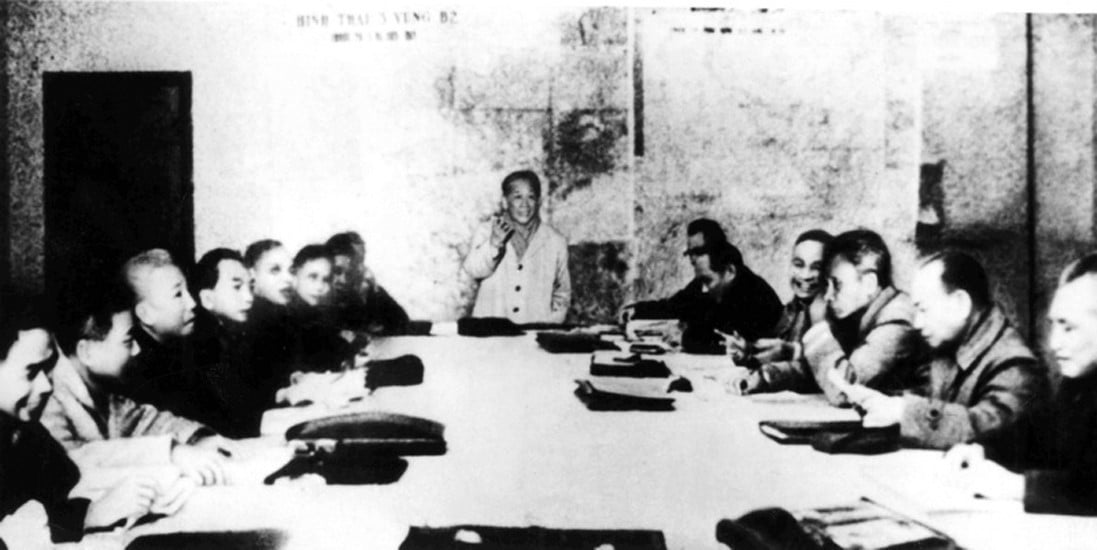
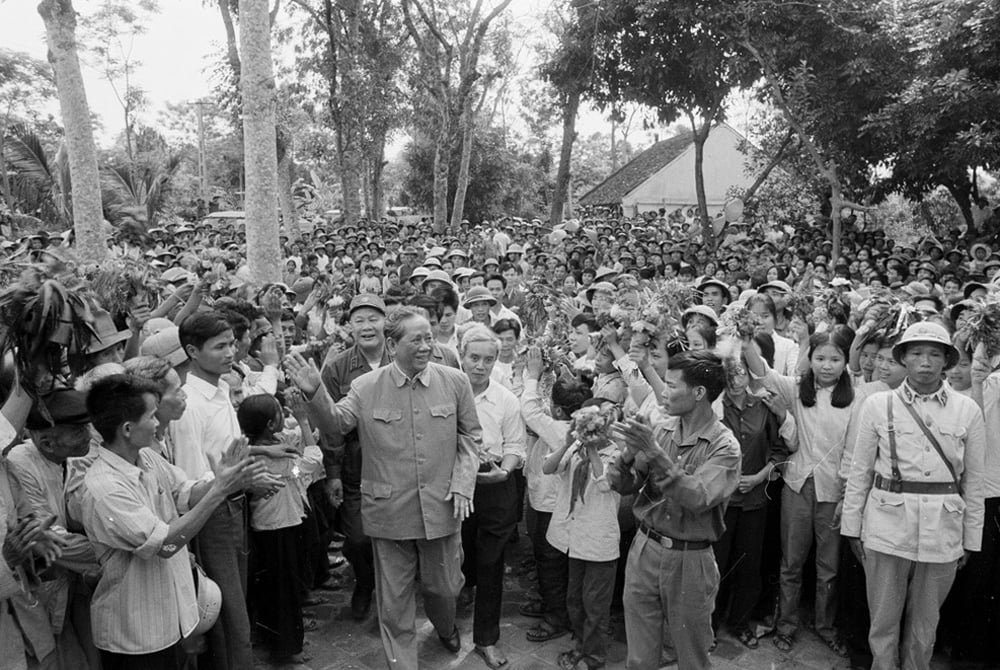
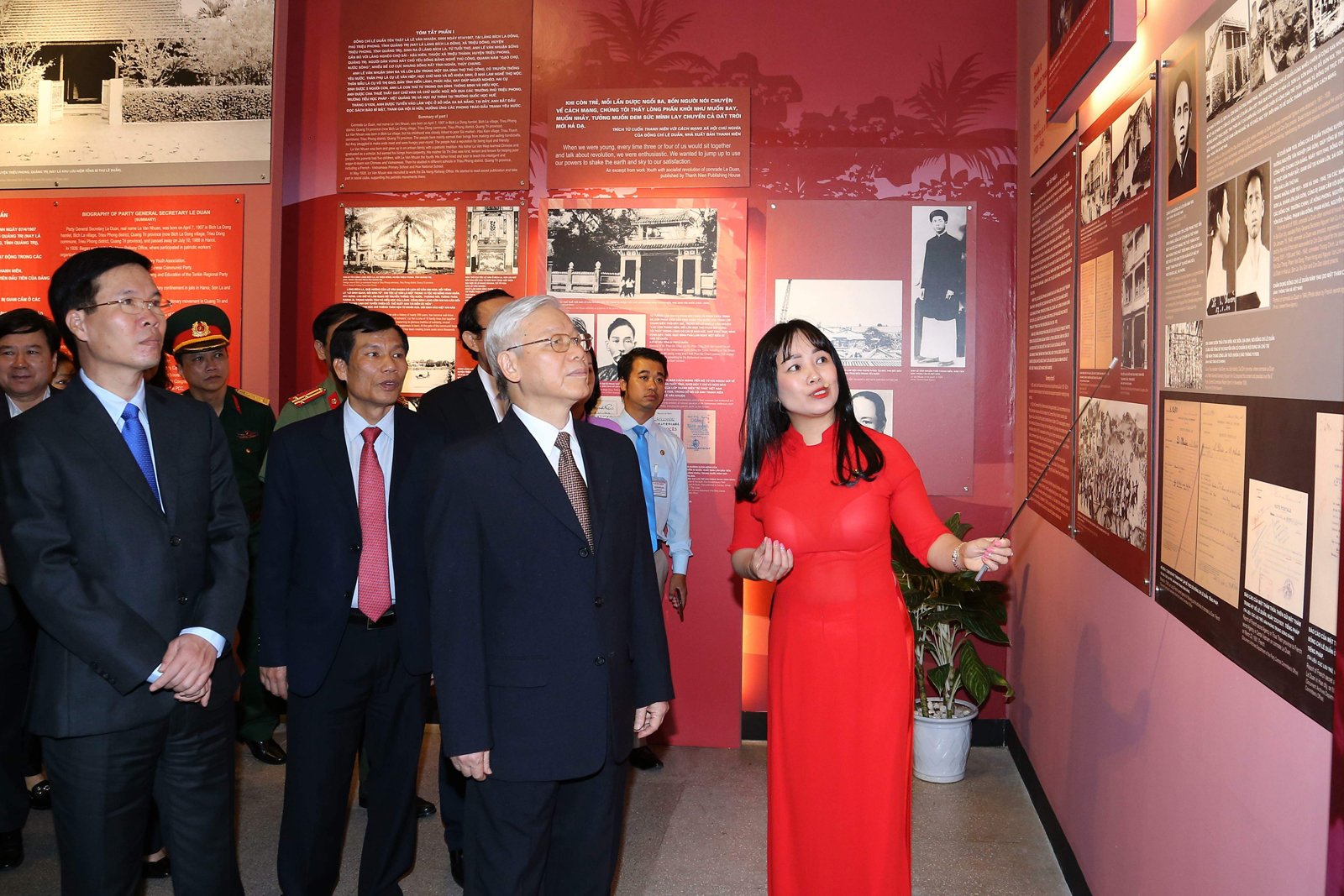





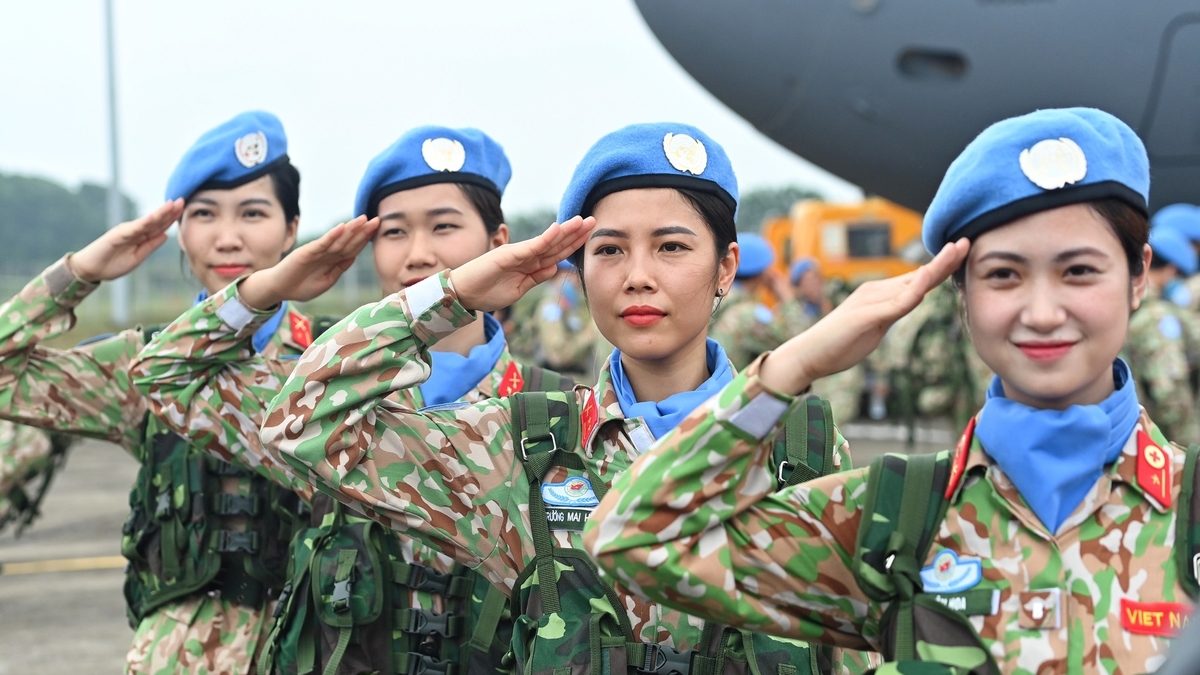
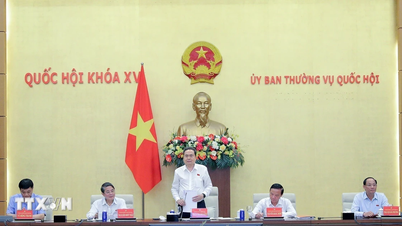

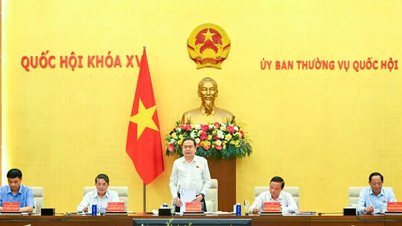

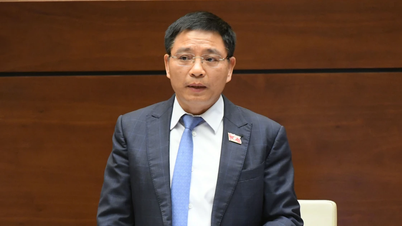
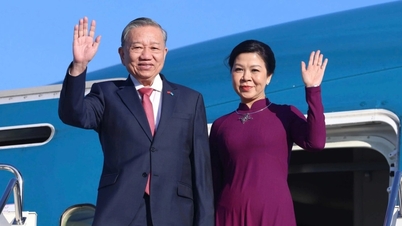

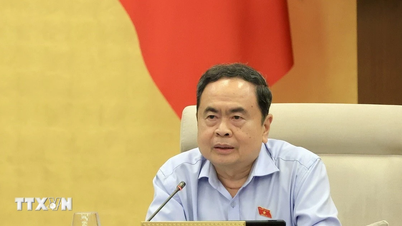
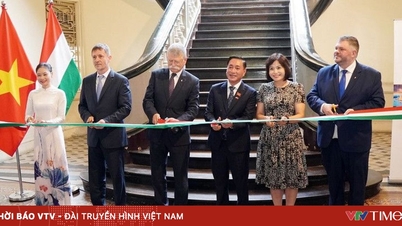








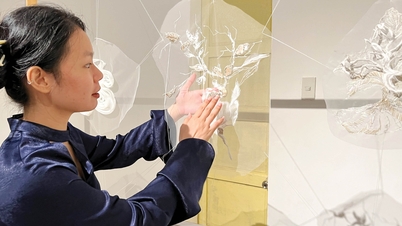

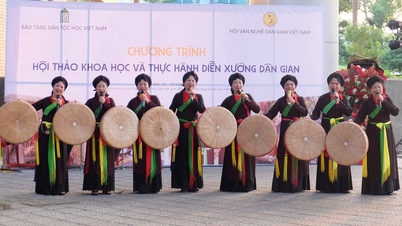


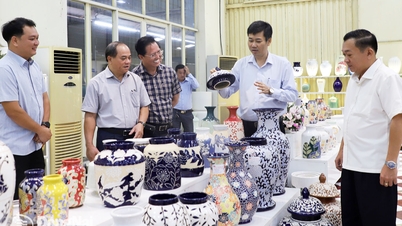







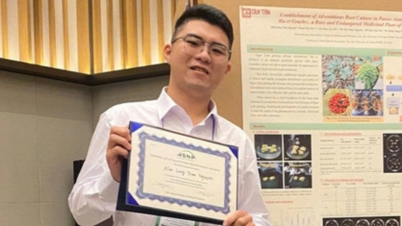



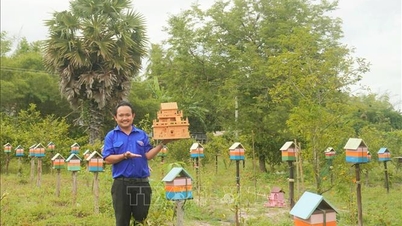




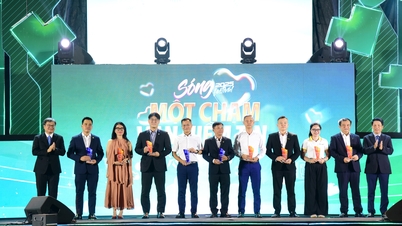












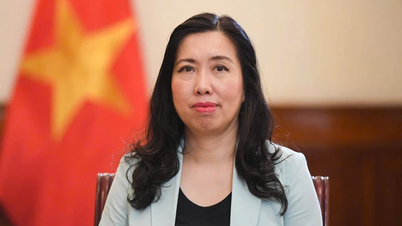

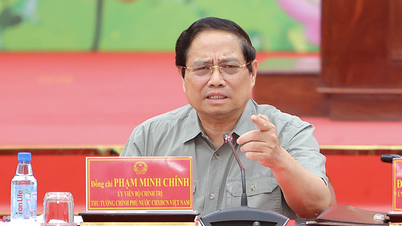



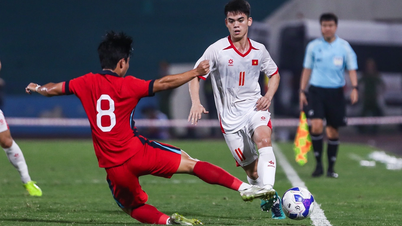


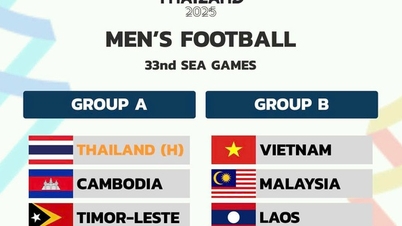

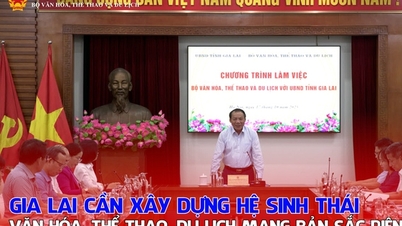


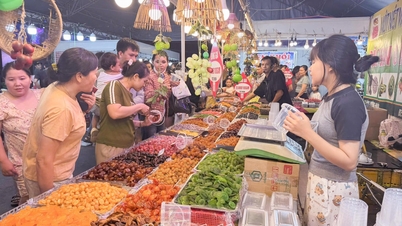




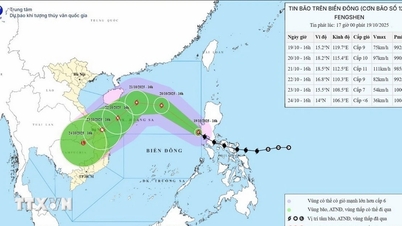



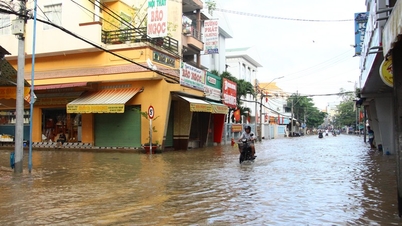













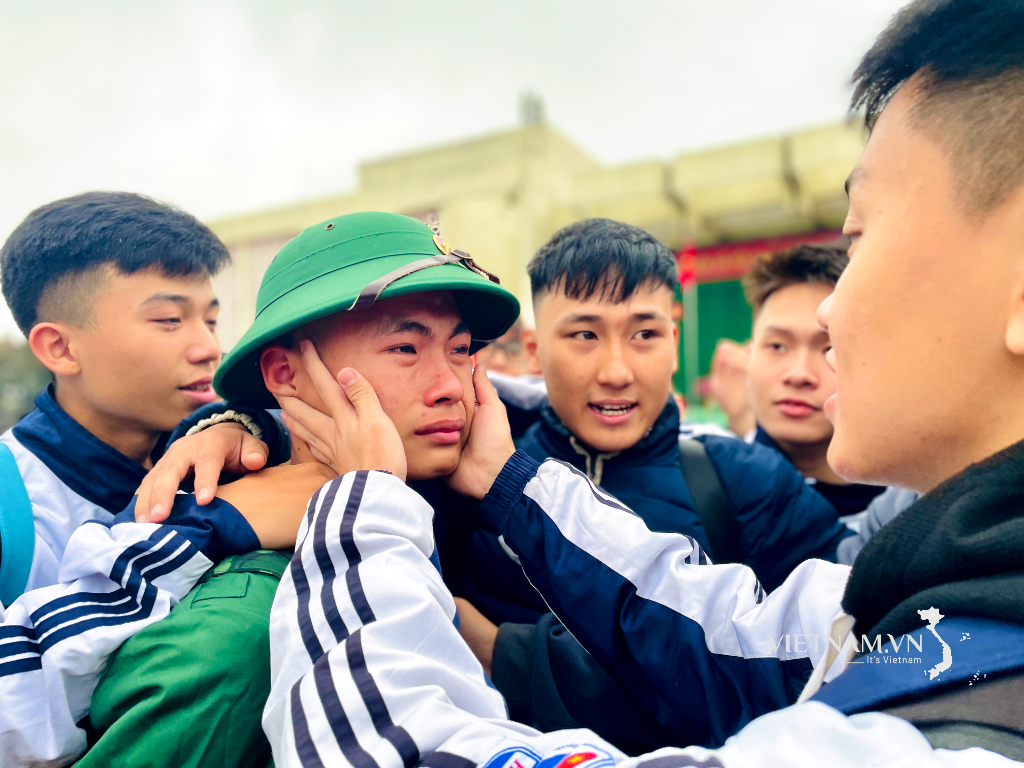

Comment (0)